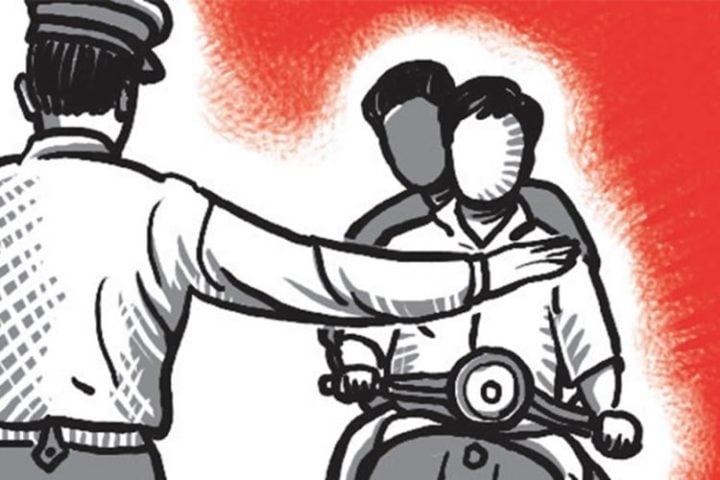The recent revisions in the Motor Vehicles Act, have changed a lot of things. Some are good for us, while some will make us more caution towards driving. In this article, we explain the revisions in the Motor Vehicles Amendment Bill.
The Motor Vehicles Amendment Bill has been passed by Lok Sabha and is left to be passed in the Rajya Sabha. It has received a lot of flak from the opposition parties for favouring the corporate companies and reducing the powers of State governments. The revisions in this bill are beneficiary for Corporate companies, cab aggregators like Ola, Uber and Meru and our good samaritans. While it also affects the lawbreakers by increasing the fines and penalties for violation of rules by a huge margin. The Motor Vehicle Act was made in 1988 and was last amended in 2017. For approval of the bill, it has to be presented in Lok Sabha, who after approving it, pass it to the Rajya Sabha for approving it. Here, we mention the main points taken from the Motor Vehicles amendment bill, which will affect your daily driving.
Vehicle-related Issues
1. Aadhar card is now mandatory for obtaining a driving license and for registration of a vehicle.
2. It will be mandatory to modify the vehicles to make them suitable for specially-abled people.
3. If a component or engine does not meet the required standards, then the government has to recall those vehicles. In that case, the manufacturers of that respective vehicle can be fined up to Rs 500 crores.
Penalties
1. Coming on to the penalties, the fine for rash driving will be increased from Rs 1,000 to Rs 5,000.
2. If the driver is caught without a license, he will have to pay a minimum fine of Rs 5,000 against the current Rs 500.
3. The fine for overspeeding will increase from Rs 400 to Rs 1000.
4. If the driver and the co-passenger are found without wearing seatbelts, a fine of Rs 1000 will be levied against the present Rs 100.
5. If the driver is caught talking over the phone, he will have to pay a fine of Rs 5,000 against the current Rs 1,000.
6. In case of a traffic violation by a minor, the guardians or the owners of the vehicle could be held guilty for it. The guardians or the owners can also prove their innocence by proving that the violation was done without their knowledge or they tried to prevent it. The juvenile will then be held under the Juvenile Justice Act.
Pedestrian-Friendly Revisions
1. Samaritans coming forward to help the victims of a road accident will be protected from criminal or civil liability. It will be optional for them for disclosure of their identities.
2. Earlier, the time limit for renewal of expired driving license was 1 month, which is now only 1 year.
3. A Motor Vehicle Accident Fund will be introduced which will give compulsory insurance cover to all the users in India for specific types of accident.
4. If a person is killed in a hit-and-run case, then the government will give a compensation of Rs 2 Lakhs or more to the family. Earlier, this amount was Rs 25,000. Also, the time limit for submitting an application of compensation to the claims tribunal is now six months. The victim’ family or the affected person has to file the application within six months, otherwise, he is not eligible for the claim.
5. From now on, there will be no cap on liability for third-party insurance. Earlier, in case of death it was Rs 10 Lakhs and in case of grievous injury, it was Rs 5 Lakhs.
6. India’s one of the biggest problem is the bad condition of roads. Recently, a report said that more people have died because of bad roads and potholes than by terrorist activities. Now, in case of accidents over poor maintenance of roads, the contractors, consultants and civil agencies will be held accountable.
These were the latest revisions in the Motor Vehicles Amendment Bill, which has affected a lot of people. Watch out for more such news and articles on CarBlogIndia.



